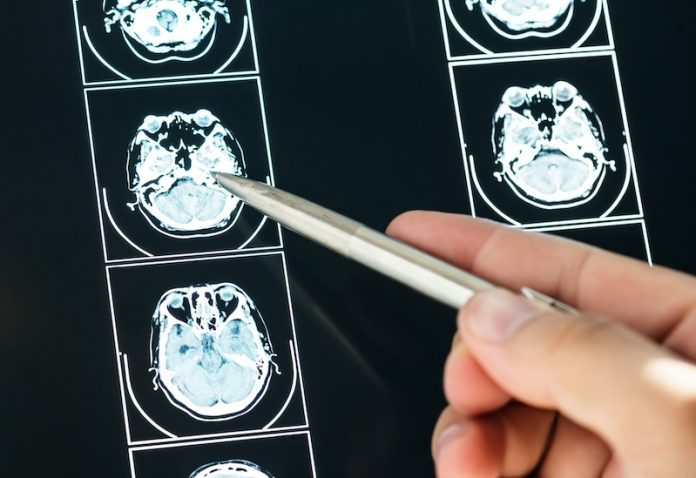
A team of researchers from Queen Mary University of London and institutions in Beijing has developed a promising virus-based treatment for glioblastoma, the most aggressive and deadly form of brain cancer.
In a recent Phase I trial involving eight patients with recurrent glioblastoma, one patient achieved complete remission, while another experienced tumor shrinkage.
These results suggest that the treatment, named Ad-TD-nsIL12, is safe and could be effective at certain doses. Encouraged by these findings, the researchers are now preparing for Phase II trials.
Glioblastoma has a poor survival rate, with most patients living less than 14 months after diagnosis. Existing treatments, such as surgery, radiation, and chemotherapy, often fail to prevent tumor recurrence.
The new approach uses an “oncolytic virus” designed to attack cancer cells selectively while leaving healthy cells unharmed, a strategy that could offer new hope for patients with this devastating disease.
The treatment was developed under the guidance of Professor Yaohe Wang, who noted that many oncolytic viruses struggle to be effective at low doses and can become toxic at higher doses.
Ad-TD-nsIL12, however, was specifically designed to balance safety and effectiveness, delivering cancer-killing effects while minimizing harmful side effects. In this trial, the treatment was well-tolerated, with only mild to moderate side effects.
The virus, an engineered adenovirus (a type of virus that usually causes the common cold), has been modified to deliver a controlled version of IL-12, a protein known for its powerful immune-stimulating effects against tumors.
IL-12 has previously been considered too toxic for cancer treatment because of its effects throughout the body. To solve this, the researchers designed the virus to restrict IL-12’s release to the tumor area, concentrating its effects around the cancer cells and limiting its spread through the body.
The team believes Ad-TD-nsIL12 could be especially effective in combination with other treatments, such as immunotherapy.
Professor Wang explains that while this virus strengthens the immune system’s attack on cancer cells, it could be paired with treatments that stop the tumor from blocking immune responses, creating a more effective overall treatment.
The next phase of research, Phase II clinical trials, will be conducted at Beijing Sanbo Hospital under Professor Hongwei Zhang, where a larger group of glioblastoma patients will receive the treatment to determine its full effectiveness.
Additionally, the team is optimistic that Ad-TD-nsIL12 could eventually help treat other types of cancer as well.
Professor Wang expressed gratitude for the collaboration between research teams in London and Beijing, emphasizing that international partnerships have been key to advancing this treatment.
“Meeting a patient who achieved remission and expressed their thanks was incredibly moving,” he shared, “and reinforced the importance of continuing our work to develop this therapy.”
The successful early trial results highlight the potential of virus-based treatments for glioblastoma, bringing new hope to patients facing this aggressive disease.
If you care about cancer, please read studies about supplement that may increase cancer risk, and can vitamin D help prevent or treat cancer?
For more information about health, please see recent studies about how drinking milk affects the risks of heart disease and cancer and results showing berry that can prevent cancer, diabetes, and obesity.
The research findings can be found in Nature Communications.
Copyright © 2024 Knowridge Science Report. All rights reserved.



